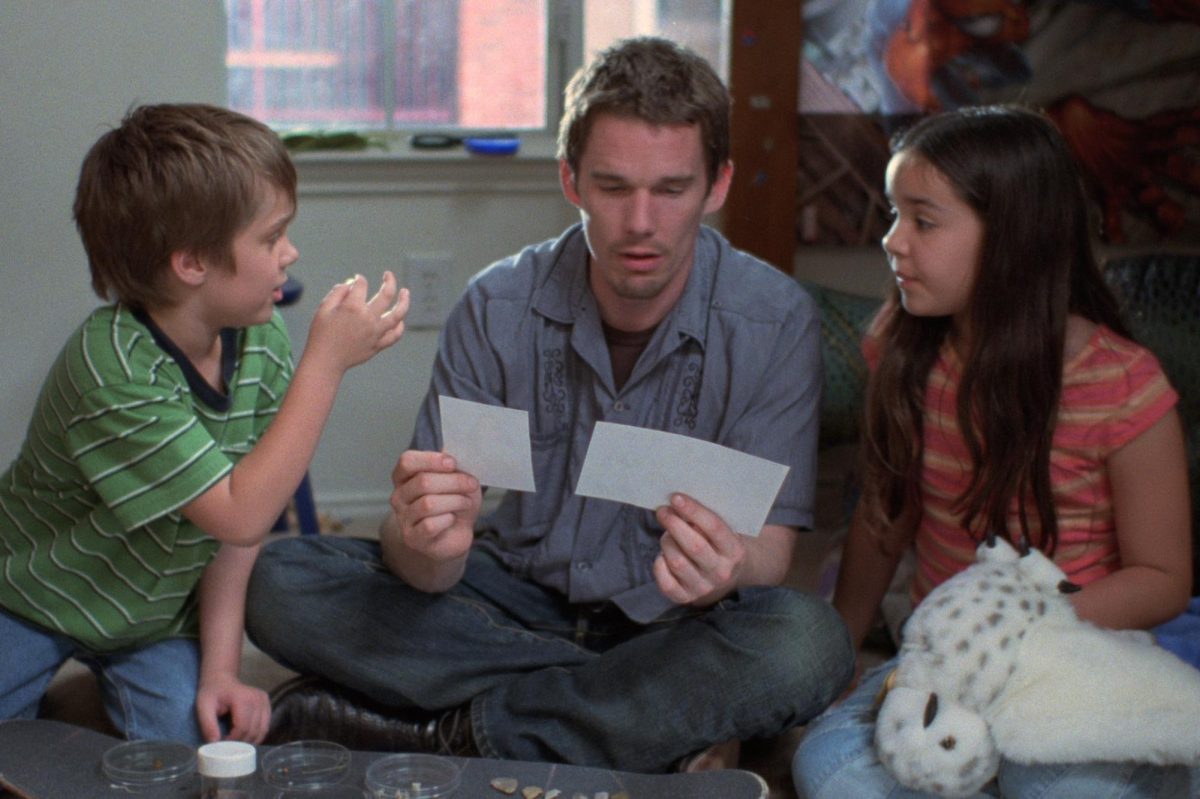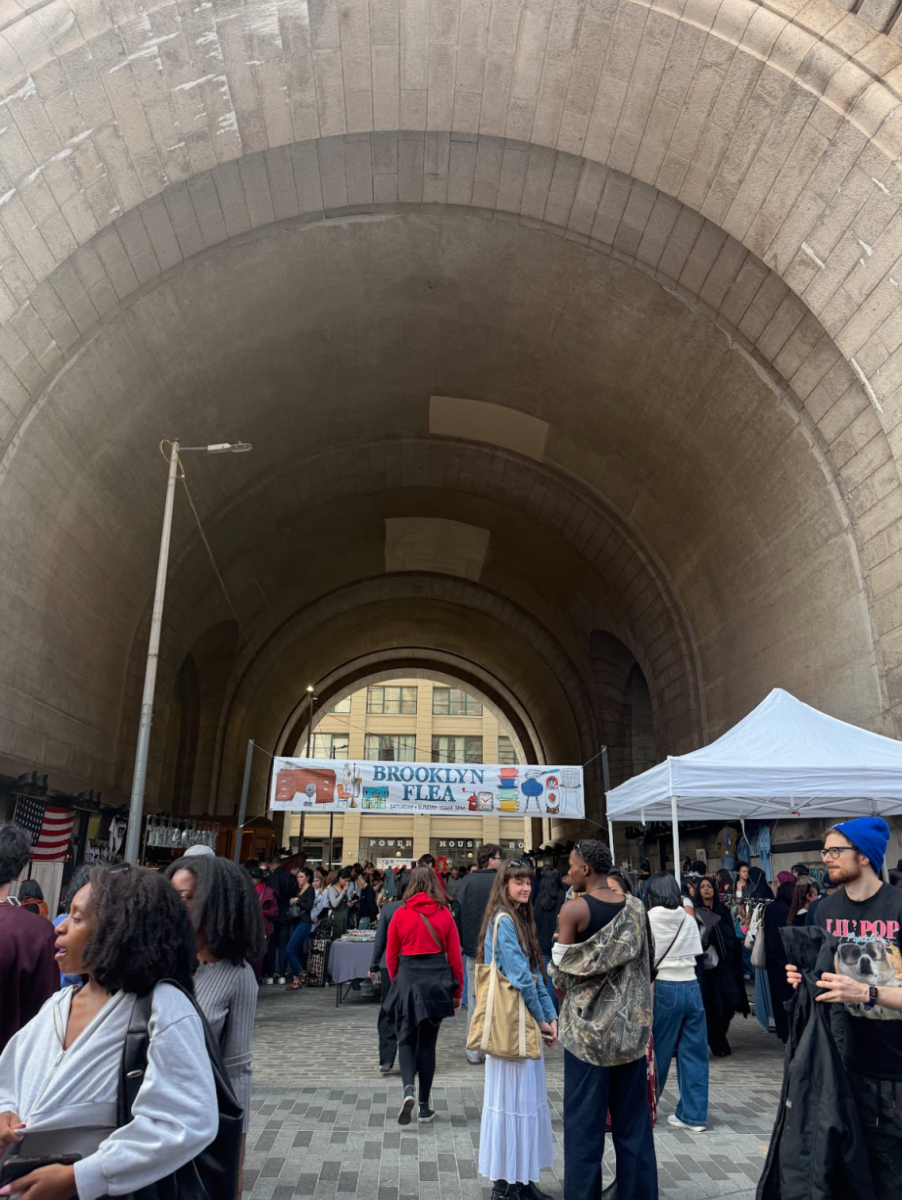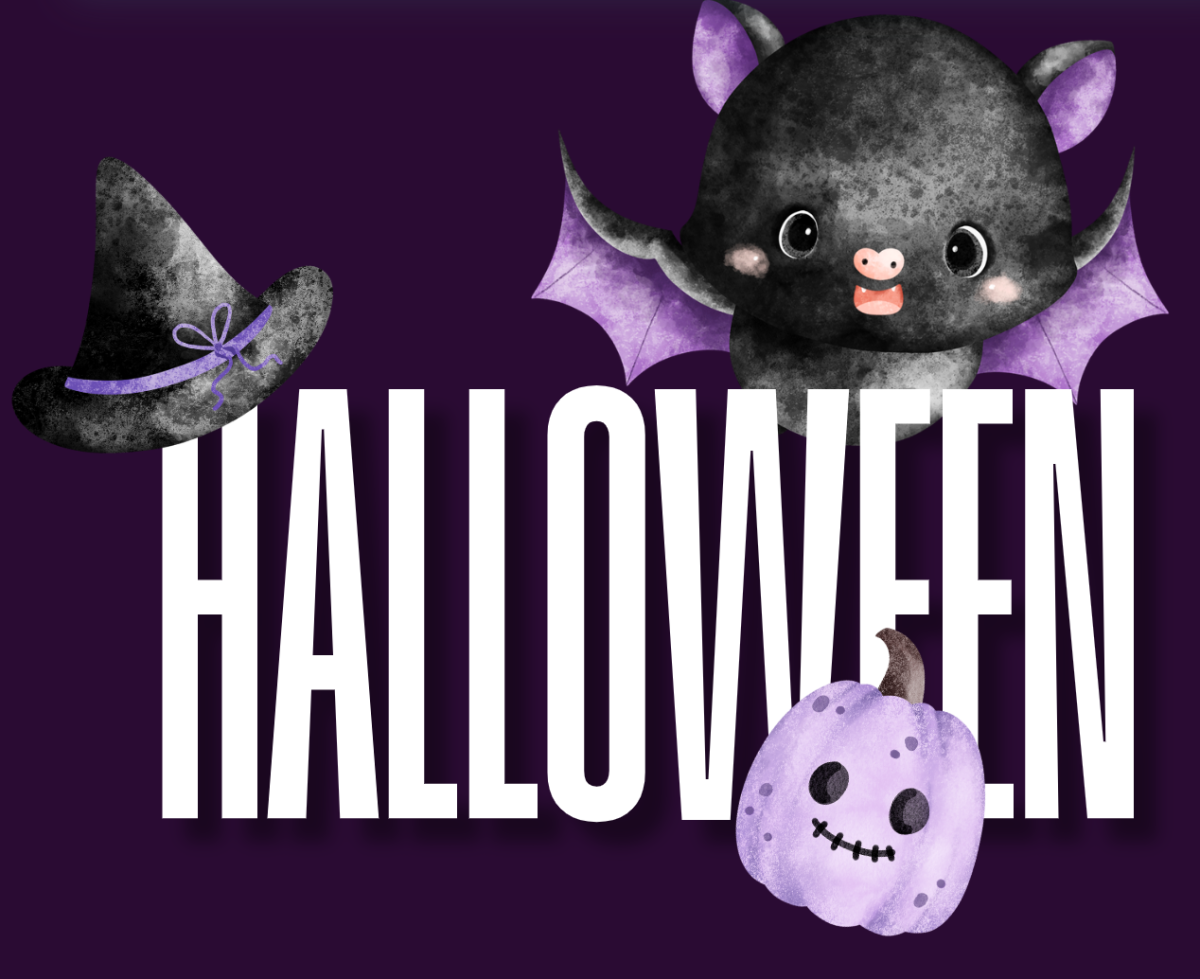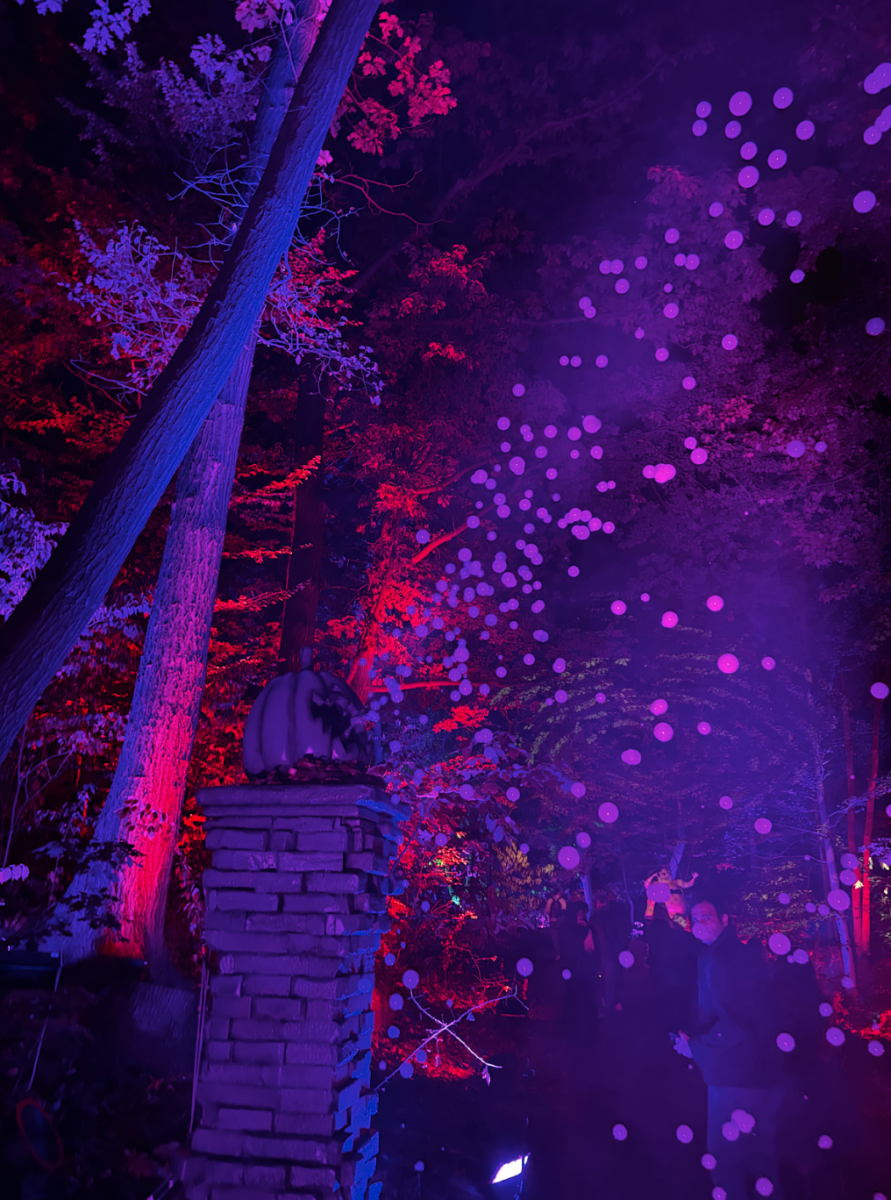Like most of us, COVID-19 put an indelible mark on my childhood. Because of it, I have no prom memories, I never had a senior football game or homecoming dance. I didn’t celebrate getting into my dream college (which was obviously Fordham University) with my friends.
Senior year only officially happened for me. It didn’t really emotionally happen. As I started my final year of high school, shackled by Zoom classes and an isolated world, my heart mourned the loss of these milestones. Over quarantine, my brother and I settled into a routine of watching a movie each night together, one of which was Richard Linklater’s “Boyhood.”
The film follows a young boy, Mason, and his family over the course of 12 years. Filmed from 2002 to 2013, the cast was filmed little by little, year by year. Mason, played by Ellar Coltrane, starts off as a six-year-old child and finishes the film as a first-year in college.
The film is about Mason growing up with his sister and mom, spending certain days with his dad (his parents are divorced), throughout their life in suburban Texas.
The film is incredibly personal and realistic on many levels. Mason’s sister, Sam, is played by Linklater’s real life daughter, Lorelei. Both Linklater and Ethan Hawke (Mason’s dad) are from Austin, Texas.
Coming-of-age films are a dime a dozen, but what makes “Boyhood” stand out is every plot development is shown gradually. It’s not dramatic. The frames are often static. The editing is unrecognizable (which means it’s good), and the performances aren’t overly theatrical or intense. Patricia Arquette (Mason and Sam’s mom) and Hawke act like real people, not actors playing real people well.
The story isn’t a particularly unique one at all.
You see Mason and Sam grow up slowly, just like real life. Then you realize that 30 minutes ago in the film, Mason was fighting with his sister in the back seat of the car as a six-year-old, while you’re watching him in high school. There are no big twists, turns or shocking revelations.
The plot is simply Mason’s life. No more, no less. And just like life, characters come in and out. Random characters that speak a line or two in opening scenes come back into Mason’s life here and there, and some grow to play bigger roles than viewers may expect.
Characters grow and change. Mason’s dad, Mason Sr., grows from being a wild and free spirit living with his burnout punk-rock roommate following his divorce from Mason’s mother, Olivia, into a new marriage that makes him more emotionally available to both his ex-wife and children.
Mason Sr. doesn’t so much transform overnight as he does little by little, year by year. Which is how people change in life. Rarely do we see our family and friends abruptly transform as we witness a gradual shifting in their lives.
The soundtrack is exceptional, so good that I can’t possibly bear to spoil it in any specific way in print here. What I will say is that the songs capture the 2000s zeitgeist and suburban landscape in such an accurate way, that I am sure Linklater consulted the cast to get his finger on the pulse of that generation. He nails it.
For me, there’s something poetic about Mason being a little older than me. I was born in 2002, at the start of the film, which makes me six years younger than Mason and eight years younger than Sam. Seeing a life that mirrored my older cousins and friends and was still relevant to me is what makes this film so special. The film ending when Mason starts college as I was a senior in high school when I first watched the film was especially poignant.
“Boyhood” feels like it’s about me and my specific generation of suburban now-men that were, not so long ago, boys. Our touchstones, our frustrations and our relationships.
When I felt the loss of a traditional victory lap that was supposed to be an in-person senior year, I felt Linklater tap me on the shoulder, waking me up to be thankful to be on the journey of growing up. As “Boyhood” proves, and we all know, growing up is painful and hard, and we’re not reminded of its poignant beauty nearly enough.
“Boyhood” is one of those rare and critical reminders.











































































































































































































